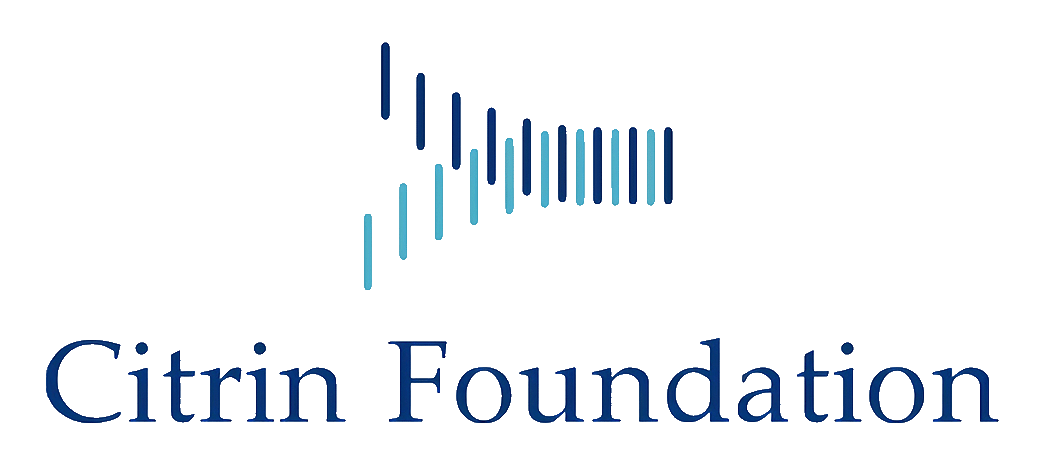Gerald SCHWANK, PhD and Johannes HÄBERLE, MD
University of Zürich, Switzerland
Gene editing of SLC25A13 to treat citrin deficiency
Citrin deficiency caused by mutations in SLC25A13 is a monogenic liver disease affecting newborns, children and adults in quite variable ways While the disease is pan-ethnic and considered rare, its prevalence is much higher among Eastern Asian populations, peaking at a carrier rate of 1:65 in Japanese population. There is no cure available for this disease and patients are treated according to their type of presentation with a low-carbohydrate, lactose-free and MCT-enriched diet being the mainstay.
This research project follows the hypothesis that citrin deficiency can be ultimately treated using gene editing in the liver, where the main expression of the citrin protein is found. Accordingly, we aim for genetic correction of pathogenic SLC25A13 mutations in engineered hepatic cells, with proper characterization to demonstrate their capability to represent relevant biological functions of citrin and in patient derived hepatocyte-like cells, which will be basis for later correction in in vivo in animal models. We will be evaluating efficacy and accuracy of different genome editing technologies, such as base and prime editing, in correcting various pathogenic SLC25A13 mutations. Results from this project will form the basis for establishing gene editing therapies for citrin deficiency patients.
(Updated July 2022)

 Dr. Gerald Schwank obtained his PhD at the University of Zürich in 2009. As a postdoctoral fellow he joined the team of Hans Clevers at the Hubrecht Institute, where he established genome editing approaches in adult stem cell systems. In 2014 he started his own laboratory at ETH Zürich, where his team was dedicated to the establishment of CRISPR-based genetic tools to study human disease mechanisms. More recently the Schwank laboratory shifted its focus on the development of in vivo genome editing approaches to cure monogenic diseases of the liver and brain. In 2020 Gerald Schwank was appointed as Associate Professor at the University of Zürich, where he and his team continue to pursue their goal of generating novel genome editors and translating these technologies from bench to bedside.
Dr. Gerald Schwank obtained his PhD at the University of Zürich in 2009. As a postdoctoral fellow he joined the team of Hans Clevers at the Hubrecht Institute, where he established genome editing approaches in adult stem cell systems. In 2014 he started his own laboratory at ETH Zürich, where his team was dedicated to the establishment of CRISPR-based genetic tools to study human disease mechanisms. More recently the Schwank laboratory shifted its focus on the development of in vivo genome editing approaches to cure monogenic diseases of the liver and brain. In 2020 Gerald Schwank was appointed as Associate Professor at the University of Zürich, where he and his team continue to pursue their goal of generating novel genome editors and translating these technologies from bench to bedside. Professor Johannes Häberle is a pediatrician, neonatologist and intensive care specialist, and a senior metabolic consultant at the University Children’s Hospital in Zürich. He is an Assistant Professor for Pediatrics at the University of Zürich, and Head of the Metabolic Laboratory at the University Children’s Hospital. Professor Häberle is chairperson of the European working group for Guidelines for the Diagnosis and Treatment of Urea Cycle Disorders, and a member of the Executive and Scientific Boards of the European Registry and Network for Intoxication Type Metabolic Diseases (EIMD). He is Chair of the Society for the Study of Inborn Errors of Metabolism (SSIEM) Education And Training Advisory Committee (ETAC) and Council member of the SSIEM. His research focusses on inherited defects of ureagenesis and on the development of novel treatment options for urea cycle disorders. Current projects are supported by the Swiss National Science Foundation, the University Research Priority Program (URPP) ITINERARE of the University Z
Professor Johannes Häberle is a pediatrician, neonatologist and intensive care specialist, and a senior metabolic consultant at the University Children’s Hospital in Zürich. He is an Assistant Professor for Pediatrics at the University of Zürich, and Head of the Metabolic Laboratory at the University Children’s Hospital. Professor Häberle is chairperson of the European working group for Guidelines for the Diagnosis and Treatment of Urea Cycle Disorders, and a member of the Executive and Scientific Boards of the European Registry and Network for Intoxication Type Metabolic Diseases (EIMD). He is Chair of the Society for the Study of Inborn Errors of Metabolism (SSIEM) Education And Training Advisory Committee (ETAC) and Council member of the SSIEM. His research focusses on inherited defects of ureagenesis and on the development of novel treatment options for urea cycle disorders. Current projects are supported by the Swiss National Science Foundation, the University Research Priority Program (URPP) ITINERARE of the University Z